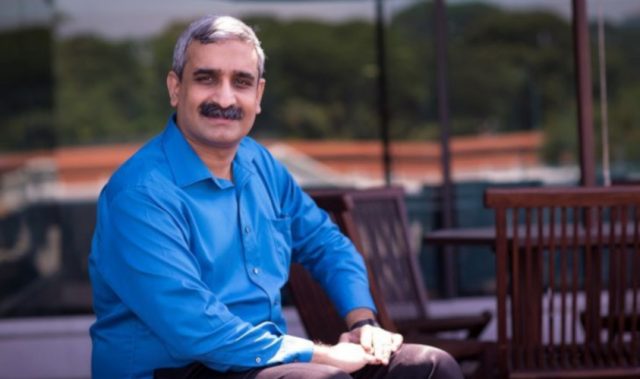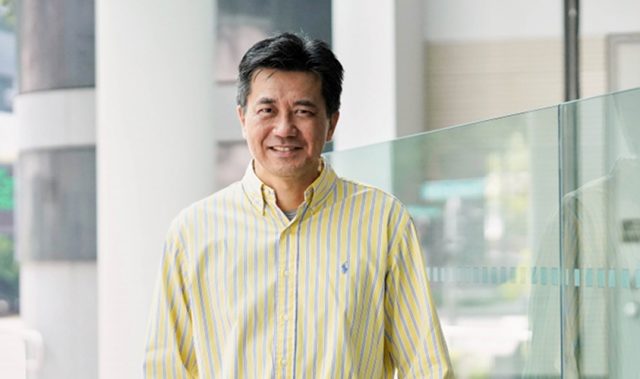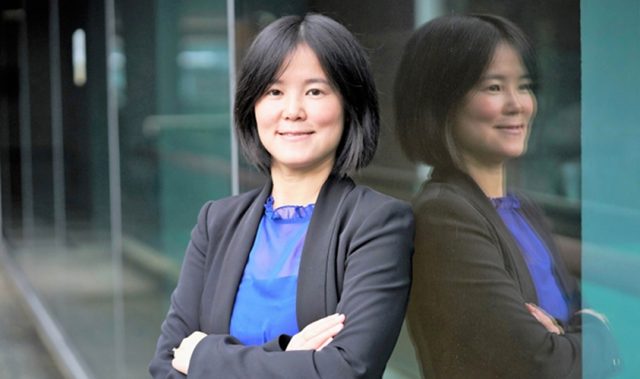
AsianScientist (Sep. 20, 2016) – by Feng Zengkun – According to the concept of paying it forward, help a stranger and you make that person more likely to help another stranger. People’s words and actions are like stones thrown into a lake, which form ripple effects throughout their networks of family members, friends and even distant acquaintances and complete strangers.
“We’re all connected to one another and influence one another,” says Professor Michael Macy, who visited the Singapore Management University (SMU) School of Information Systems in early July this year.
“A lot of what you think and believe is actually shaped by your environment, the people you interact with, and what they believe.”
As the director of the Social Dynamics Laboratory at Cornell University in the United States, Professor Macy’s research focuses on social patterns, including the rise and fall of fads and the spread of both generous and anti-social behaviour.
Birds of a feather flock together
Your friends’ attitudes and opinions, for instance, may have a far greater impact on your own beliefs than your socioeconomic background, age or gender, according to a paper, “Why Do Liberals Drink Lattes?”, co-written by Professor Macy and his doctoral students Daniel DellaPosta and Shi Yongren, published in the American Journal of Sociology.
Inspired by the popular but anecdotal accounts of connections between one’s political beliefs and lifestyle choices—such as ‘latte-drinking liberals’ and ‘bird-hunting conservatives’—the researchers used data from a national survey in the US called the General Social Survey to investigate if such connections really existed, and, if so, what the possible explanations would be.
Their research, which included combing through 28 editions of the survey conducted between 1972 and 2010, uncovered 14,436 statistically-significant lifestyle connections, both between people’s political beliefs and their lifestyle choices, as well as between the choices.
Scientists tend to explain people’s beliefs and behaviour as a consequence of their demographic attributes, such as their age, gender and ethnicity. If many old people like opera, it makes more sense to say that the age caused the preference, rather than vice versa.
But when Professor Macy and the students factored such demographic attributes into their statistical models, many of the lifestyle connections were still left unexplained. He believes that the gap can be explained by social influence, which is not captured in the survey and, for that matter, in almost all other surveys.
“Our big argument is that the demographic effects could be spurious or largely spurious due to the unmeasured effects of social influence,” he argues. “We leave out of survey samples people’s friends, neighbours, family, co-workers and roommates, all of whom influence our opinions and beliefs.”
To investigate the impact of social influence, he and his students built a simple computer model in which a population of simulated ‘agents’ interact repeatedly. Each ‘agent’ was armed with five fixed demographic attributes and 20 changeable attributes, such as political opinions and lifestyle preferences. They could also selectively adopt the opinions of their neighbours, in an approximation of social influence.
In fact, the simulation showed that when social influence was switched ‘on’, it greatly amplified demographic effects that were previously extremely weak. The results suggest that our initially minor preferences and lightly-held beliefs could strengthen and harden over time, either because people we like share the same attitudes, or because people we dislike have opposite ones, or both. NEXT PAGE >>>












